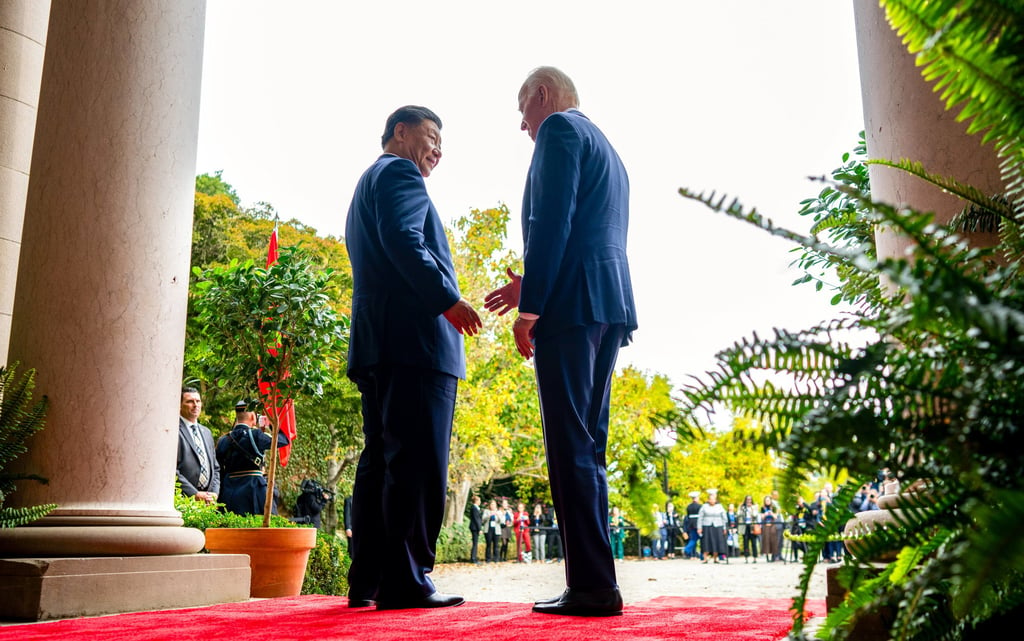Open Questions | This China watcher says a ‘big bang approach’ is needed to revive the economy
- Political scientist Scott Kennedy also discusses the state of relations with the US, and why it’s a challenge getting more Americans to study in China

I’ll start by asking more broadly about the health of US-China relations. You have on previous occasions attributed deteriorating ties in part to a lack of extensive in-person communication. There has been a return of such engagements, including at the highest levels, but how should we make sense of them? Are they just necessary stopgap measures or could they have a bigger effect on the trajectory of ties?
It took about eight months from the time the two governments started talking, in the fall of 2022, about resuming meetings that they achieved some semblance of stabilisation in the relationship. Certainly, the lack of direct communication was not the primary cause of the collapse in the relationship. But the resumption of dialogue by government officials – from the presidents and top leaders down to junior staff – and by people in business and the scholarly communities, has been essential for providing any hope that the relationship will maintain some level of stability. And that in some areas of the relationship they may even find an ability to cooperate.
We’ve seen this over the last year with visits amongst cabinet-level officials and their working-level staff as well as by scholars and others. The communications don’t necessarily yield common ground but they at least more clearly identify where there are differences.

